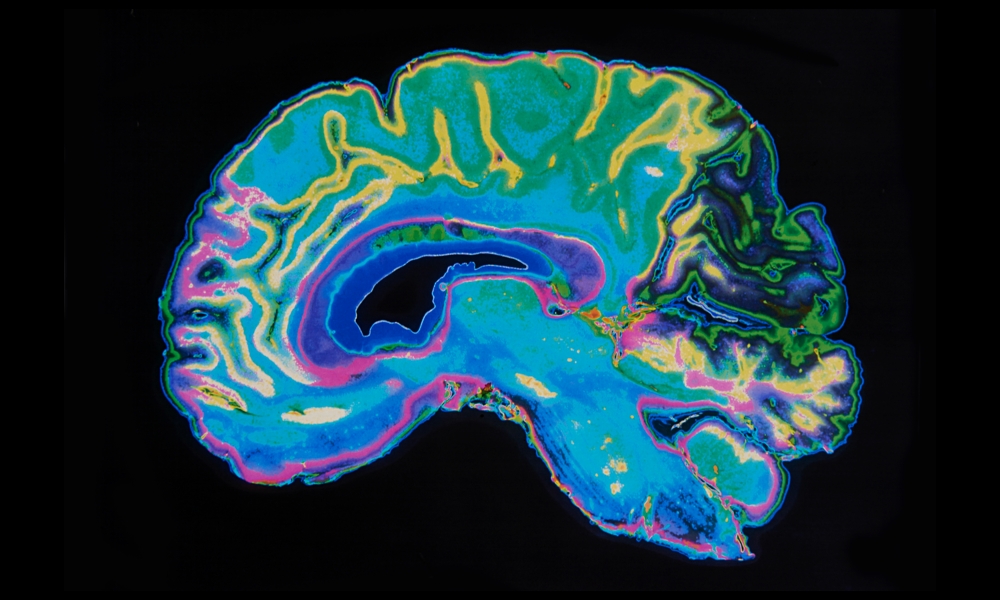Meditate Like a Marine
Pump mental muscles, sleep better and relieve stress.
There's been a lot of talk over the past few years about the benefits of meditation and it's connection to the mind and body. But it's not simply wishful thinking. It seems like there are new studies coming out every month illustrating new advantages to meditating regularly. Herewith, four solid ways you can beef up your brain.

1
With all the distractions we're faced with throughout the day, this is one of the most important byproducts of meditating. And the great news is that you will almost immediately see results. In as little as two weeks, you can significantly improve your focus and memory with meditation training, one recent study by the University of California, Santa Barbara has found. Because one of central aims of meditation is a strong focus of attention—on an object, idea or visualization—you can see how that practice would also help strengthen your cognitive skills on the job, too.
2
A Yale research team discovered that mindfulness meditation decreased activity in the brain's default mode network (DMN), a system largely responsible for mind-wandering and restless, self-referential thoughts also known as "monkey mind." The DMN will often get activated when we're not thinking about anything in particular, when our minds are just wandering from thought to thought. The result is a foggy, worrisome state. But since meditators know how to quiet the mind, they're able to fight off any wandering the DMN may want to do.
3
A Harvard University study made headlines when it concluded that regular meditation (about 27 minutes a day) had profound affects on important regions of the brain. After just eight weeks, the brain's grey matter (the stuff that processes information within the brain) was more dense in areas associated with learning, memory processing and emotion regulation. And conversely, there was a decrease in the brain cell volume of the amygdala, which deals with fear, blood pressure and overall stress.
4
Even if you've mildly accepted some regular anxiety as a tolerable daily annoyance, it exacts a price in the form of insomnia, muscle tension, headaches, inability to relax, feeling out of breath and various stomach and digestive problems. Little things that add up to a diminished quality of life. A review study at Johns Hopkins looked at the relationship between mindfulness meditation and its ability to reduce symptoms of anxiety and pain. They found that the effect meditation was measurably equal to that of most prescription antidepressants. "A lot of people have this idea that meditation means sitting down and doing nothing," says lead researcher Madhav Goyal. "But that's not true. Meditation is an active training of the mind to increase awareness."
Mindfulness meditation practice couldn't be simpler: take a good seat, pay attention to the breath, and when your attention wanders, return. Here's a handy explainer on the basics.